
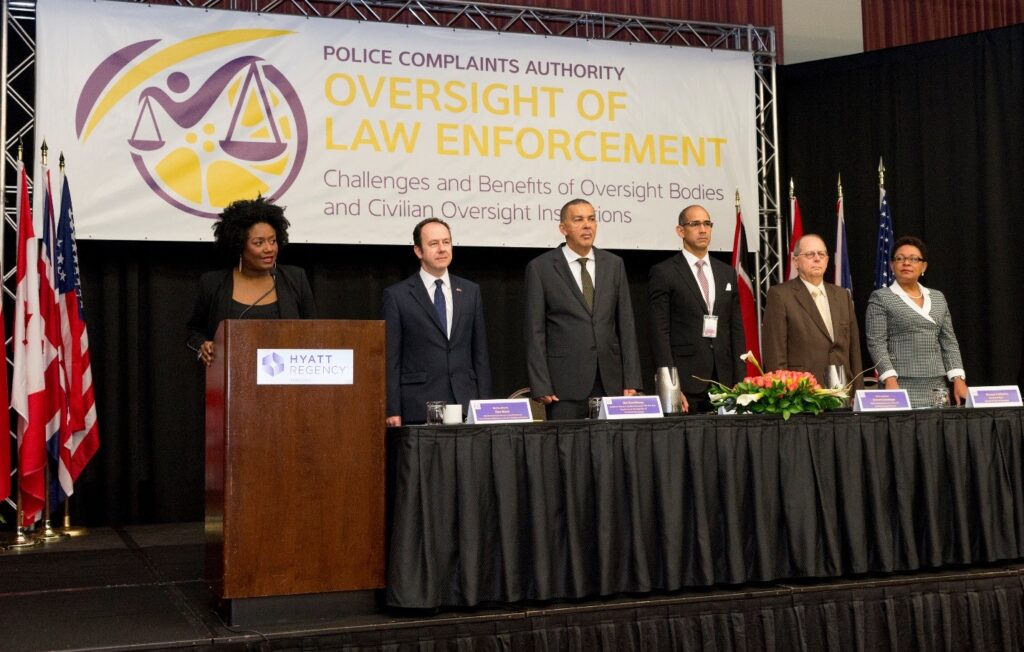
According to Trinidadian Police Complaints Authority (PCA) Director David West, one of the foremost lessons learnt from the recently staged Oliver F Clarke Memorial Lecture on Civilian Oversight of Law Enforcement is the need to develop transparent relationships between law enforcement and the populace, particularly those resident in lower socio-economic communities.
West, who was in Jamaica to attend the inaugural lecture hosted by the Police Civilian Oversight Authority (PCOA) recently at the Jamaica Pegasus Hotel in honour of its founding member, Oliver Clarke, said that this was among many takeaways from the lecture which he found instructive.
The PCA Director was speaking of presentations from the Memorial Lecture’s featured pair of American guest speakers Chief of the Seattle Police Department, Dr. Shon Barnes, and attorney-at-law and Aurora University Assistant Professor of Criminal Justice Marcia Thompson, who spoke on the theme, ‘Partnerships for Progress: Improving Policing through effective oversight for a safer Jamaica’. West explained that he “wanted to see how we in Trinidad can improve our civilian oversight, and I learnt a lot from them, and will take those practices home to Trinidad”.
Further singling out Thompson’s presentation he said, “The main takeaway is how the police go into hotspot areas and interact with the citizens…in Trinidad, we get many complaints when the police go in [these areas] and harass the citizens, arrest them and don’t eventually charge them, [but] let them spend time in prison.” He said the absence of due process was a problematic, repetitive instance in Trinidadian hotspots.
“The citizens are fed up and tired of that behaviour. They don’t trust the police, so I want to work together and let the police understand that they have to do things in a different way. They have to change the modus operandi of policing in those areas because they are also people and they deserve respect also,” West continued.
What currently obtains in a lot of instances, West expounded, is when Trinidadian police officers go to search hotspot properties,
“They get the warrants from the Justices of the Peace, and then go to the homes, but they don’t show the warrants. They show them and say that you can’t read it, and the people want a chance to make sure. Sometimes the names of the people are not correct, the address is the wrong address. We have a lot of anomalies, and the citizens call that into question. The police don’t seem to care about their feelings which they should, and make sure they have the right evidence and right information first before they go for the warrant,” explained West, an attorney-at-law who is the point-man on the twin-republic’s police civilian oversight body.
The use of body-worn cameras by police officers—raised by Police Chief Barnes during his presentation—also resonated with West. “I had a meeting with the presenters, Chief Barnes and Mrs Thompson before on body-worn cameras. In the United States, the body-worn cameras are mandatory and they use them. In Trinidad, although it is a departmental order, the police officers do not use their body-worn cameras as often as they should, which is a breach of the departmental order, which of course, is a disciplinary action which we are trying to improve on that.”
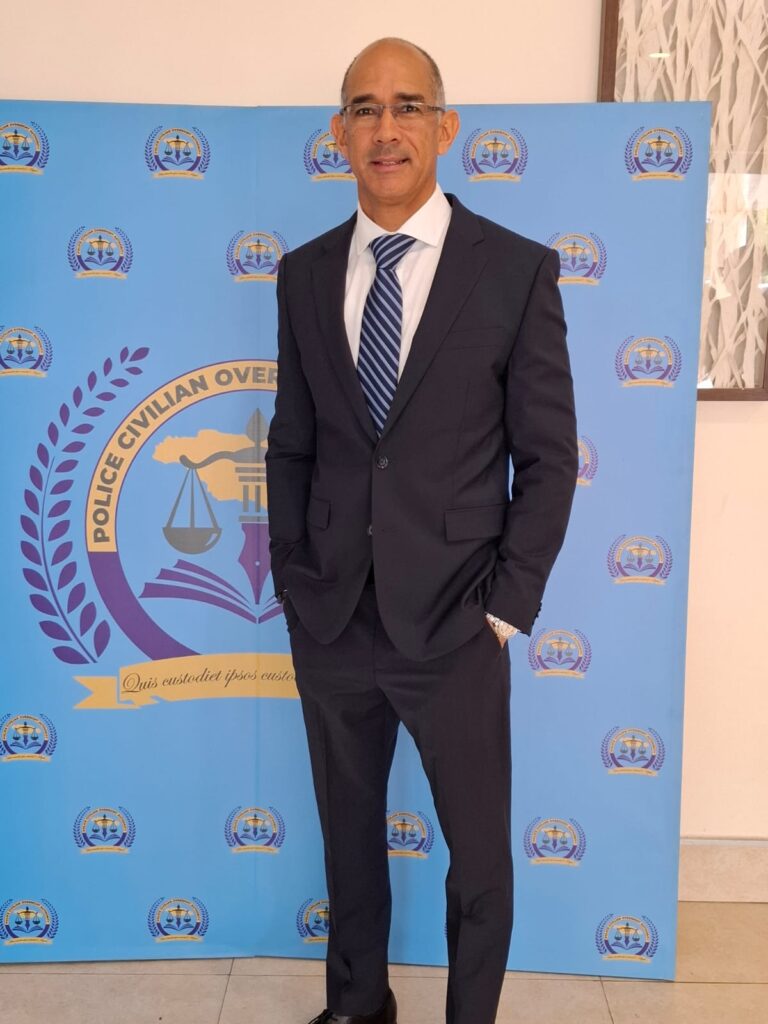
This comes against a recent uptick in police-involved shootings in Trinidad.
“They have gone up for the first quarter of this year, they have more than doubled from last year. It’s a worrying trend because [with] police-involved shootings, we want to ensure there is proper due process and the killings are done lawfully. We want to look at that and improve and try to discuss their methods before they go out on a patrol…what is the practice and how they intend to go to the hotspot areas to execute a warrant.”
According to PCA data, from January 1 to March 19 this year, there were 15 police-involved shooting incidents in Trinidad leaving 21 people dead, compared to six incidents and 9 deaths between January 1 and March 24 last year.
Pressing ahead, West who was reappointed last December to serve his third term as PCA head, naturally is desirous of greater civilian oversight for law enforcement being affected, not just in Trinidad, but across the Caribbean region. To this end, he’s angling to extend colleagueship efforts among islands as a follow-up to a 2017 Civilian Oversight Conference, in Trinidad, which he has spearheaded, that saw 27 participating countries from within the Caribbean, as well as the United States,
Canada and China.
“It was very successful. Jamaica, Barbados, Guyana and Trinidad signed an agreement to foster better communication and collaboration within the region,” he recalled of the event hosted eight years ago.
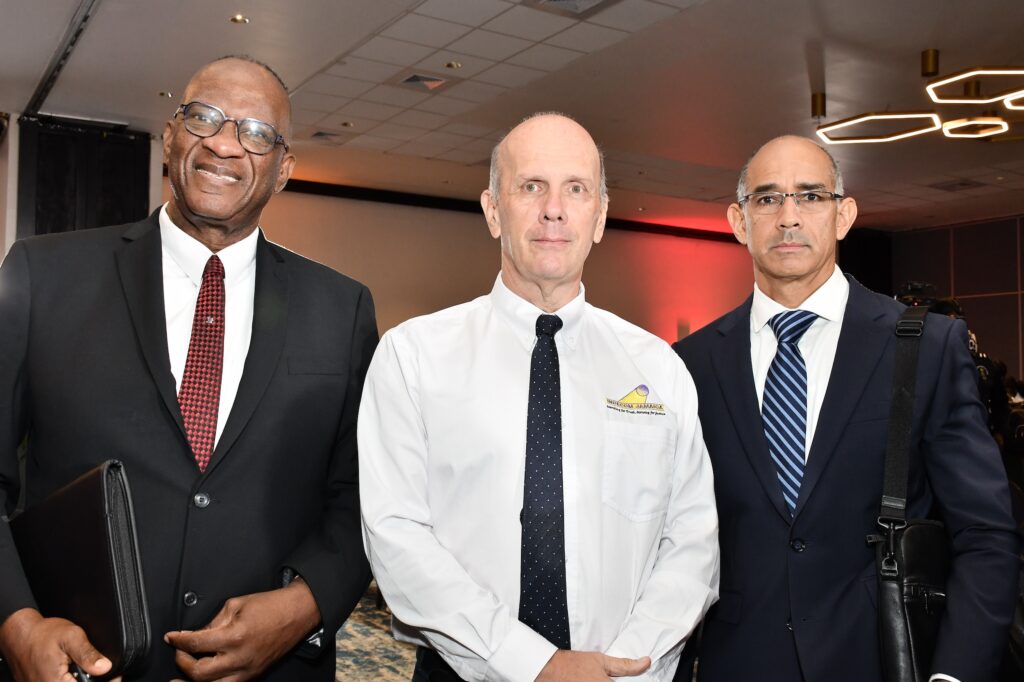
“Now I want to take it further and want to get more countries involved and Barbados recently signed on. I want to get more countries involved because we have a unique way in the Caribbean. We can hear about the Canadian or American experience, in the region we have a unique position with regard to law enforcement and civilian oversight, and it’s also new. I want to extend that and improve it within the region.
While West saw teachable moments in the presentations made by both Barnes and Thompson, at the PCOA’s Memorial Lecture, his viewpoint is that the cultural nuances between the law in the United States and the Caribbean do not make North American law enforcement practices immediately applicable in the Caribbean context.
“The main difference is that in the United States, you have an efficient court system and accountability with the body cameras, and in the Caribbean, our criminal justice is slow and it does not allow us quick justice,” West opined.
“When George Floyd was murdered, within two or three years, a verdict came down. In the Caribbean region, a criminal trial takes five, six years and it loses the importance of what actually transpires. So to get change to happen, it takes too long. People forget about it, we have short-term memories. We have got to strike while the iron is hot. We got to pass legislation, we have to get the politicians involved to show them the reason why you need change, and the police themselves, also need change in how they operate and do policing.”


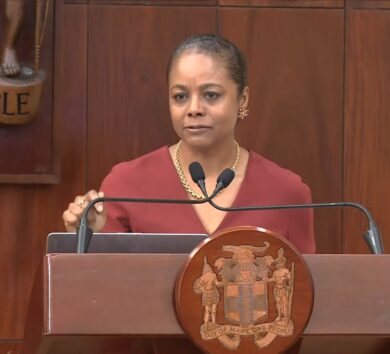
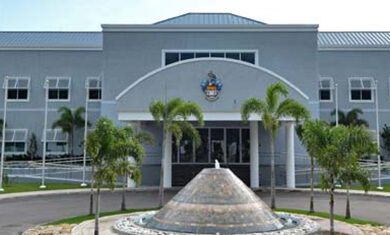
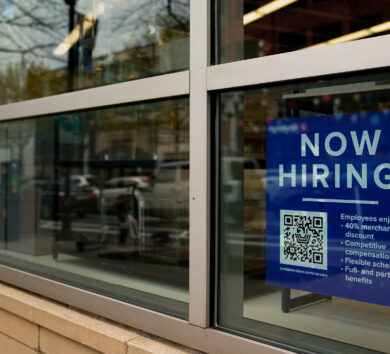
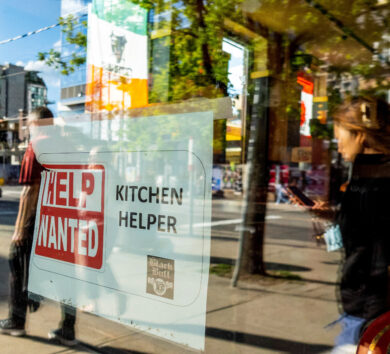

Comments